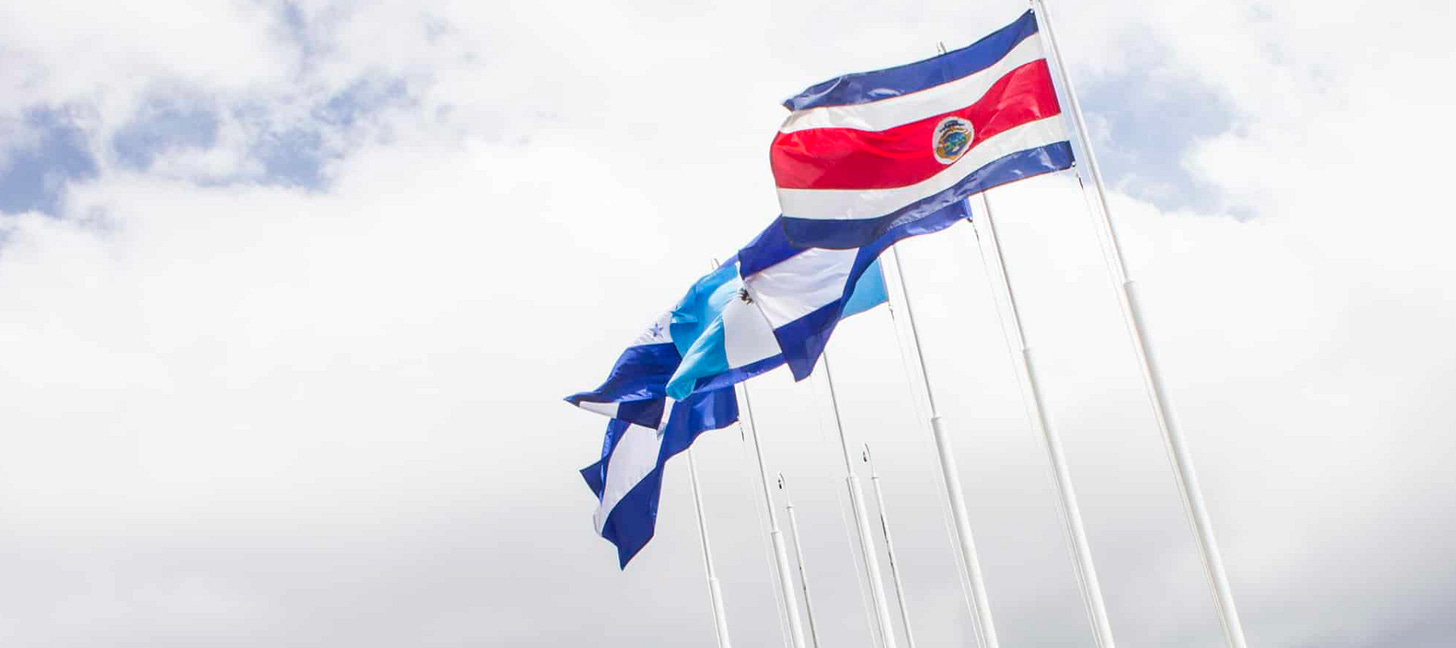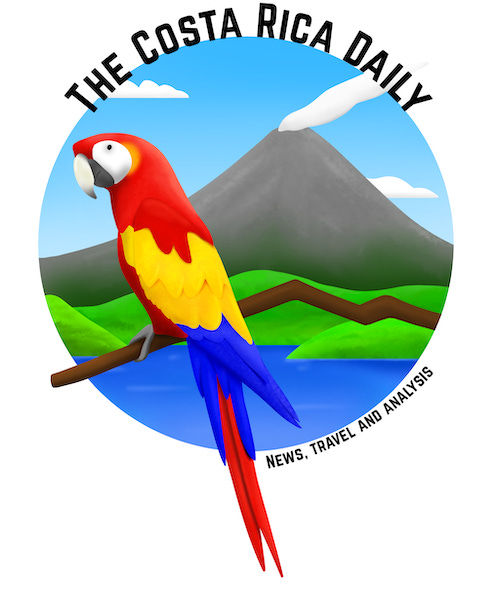How a crisis of democracy in Nicaragua threatens Costa Rica
Costa Rica’s economy and stability have long made it an attractive destination for immigrants.

Events in Nicaragua threaten to destabilize the country with consequences that could heavily impact the region — and Costa Rica in particular.
Over recent weeks, authorities loyal to Nicaraguan President Daniel Ortega have detained four opposition figures ahead of November’s elections. Those moves have been condemned by the United States1, Costa Rica2 and governments across the world.
A crisis in Nicaragua could cause “a very large migration, where the most affected would be Costa Rica,” said Guatemalan President Alejandro Giammattei.
“That brings other consequences, because the countries are not prepared to receive hundreds of thousands of people fleeing from a regime like the one that is being installed.”
As authoritarian politics in Nicaragua generate concern in Costa Rica, it’s important to understand some context about how we got here.
A brief history of Nicaraguans in Costa Rica
It’s no surprise, given their proximity, that Nicaragua and Costa Rica have a lot of shared history. Both were part of the short-lived Federal Republic of Central America, and Nicoya in particular had close ties to Nicaragua.
In more modern times, Costa Rica has received large influxes of Nicaraguan migrants, which “reflects political and economic events as well as natural disasters,” a 2018 analysis from the Organization for Economic Co-operation and Development (OECD) reads.
Costa Rica’s stability has long made it an attractive destination for immigrants, who, per the OECD contribute economically “above their share of the population.”
Costa Rica’s immigration policies have aimed “to maximize the benefits of immigration and protect human rights while protecting citizens’ working and living conditions,” according to OECD.
Despite legal avenues for asylum and temporary migration, many Nicaraguans in Costa Rica are undocumented. They provide seasonal agriculture labor, then return home until the following year.
Recent exacerbations at the border
Most Nicaraguans in Costa Rica are not refugees; they are migrants who sought better economic situations here.3
But that has shifted since 2018, according to the UN, which says more than 108,000 people have been “forced to flee their country … with two thirds of them seeking refuge in Costa Rica.”
In 2020, Costa Rica “welcomed 121,983 persons of concern, of which 9,613 are refugees and 89,770 are refugee applicants pending resolution,” the UN says4.
That number figures to increase if election-related turmoil escalates in the coming months, and Costa Rican leaders have suggested they’re not equipped to handle a surge.
Costa Rica is going through its own economic crisis. Unemployment is high and has yet to rebound from the pandemic, and the government is taking a massive loan from the International Monetary Fund (IMF) to remain fiscally stable.
While the UN does offer Costa Rica financial assistance to support asylum programs, leaders have asked for “shared responsibility” from other nations.
“There is a gap between what countries like Costa Rica are providing with great effort to refugees, and what their actual needs are. This gap needs to be closed,” President Carlos Alvarado said last year.
If the number of asylees increases, that gap will instead widen.
Support The Costa Rica Daily
The Costa Rica Daily is funded by donations. Please consider supporting us.
The detention “on trumped-up charges is an abuse of their rights, and it represents an assault on democratic values as well as a clear attempt to thwart free and fair elections,” US State Department spokesman Ned Price said.
“Costa Rica condemns the actions taken in Nicaragua against the political opposition and reiterates the importance of respecting political pluralism and freedom of expression,” the Foreign Ministry said.
This is an important distinction, because economic migrants are generally not eligible for asylum.
As these numbers suggest, the UN and others have been critical of how long it takes for Costa Rica to process refugee requests.


